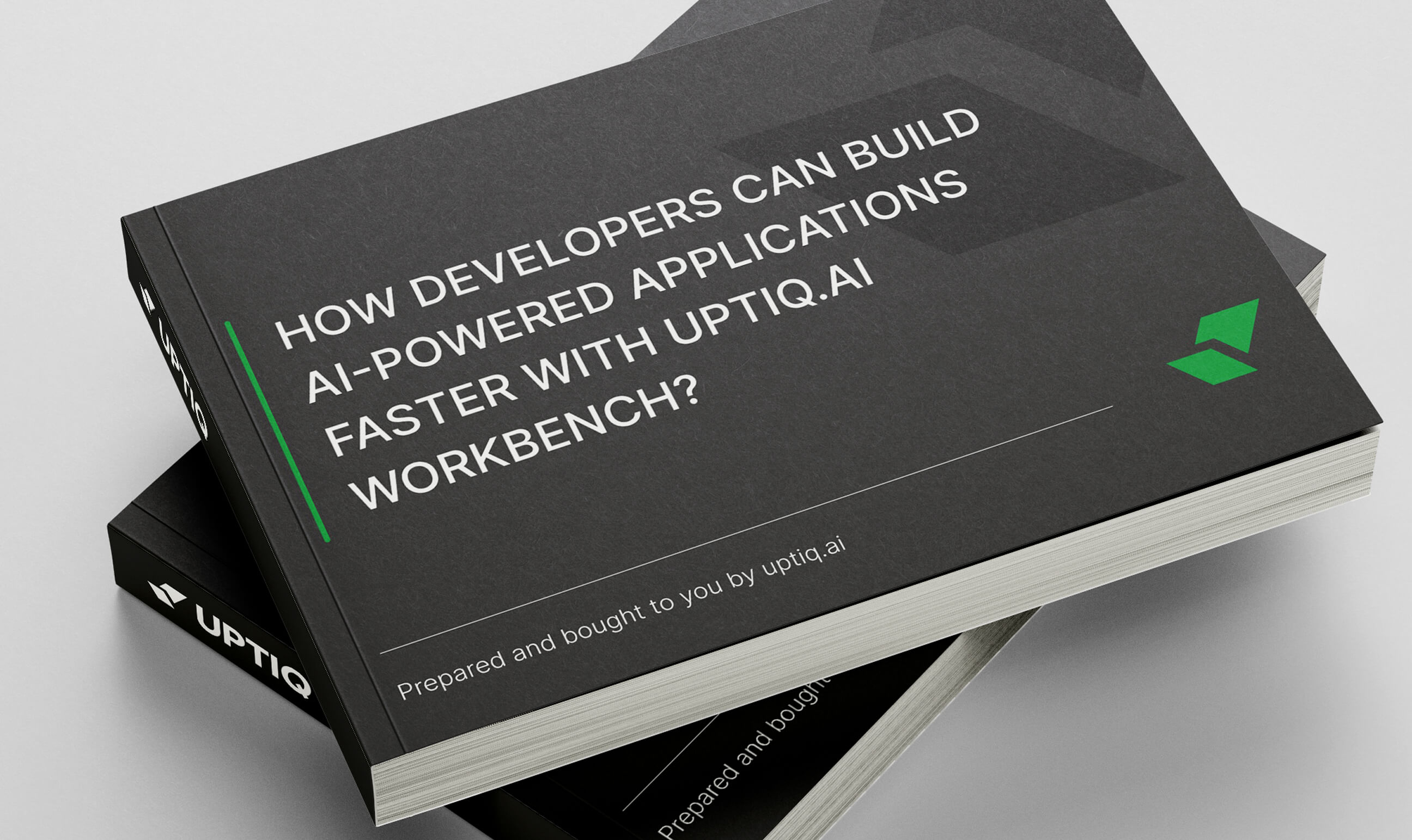Why RIAs Lose AUM to Banks (and How to Stop It)
Resource
-
Resource


Artificial Intelligence (AI) has evolved from a research-heavy domain to a practical toolset empowering businesses, developers, and innovators across industries. As demand for AI solutions grows, developers are expected to build, train, test, and deploy AI models quickly and efficiently. That’s where the AI Workbench comes in—a centralized, integrated environment designed specifically to streamline the AI development lifecycle.
In this blog, we’ll break down what an AI Workbench is, its core components, and why it has become an essential tool for modern AI developers.
An AI Workbench is a unified platform that offers developers a suite of tools and resources to create, manage, and deploy AI and machine learning (ML) models. Think of it as an all-in-one workspace, similar to an integrated development environment (IDE), but built specifically for AI and data science workflows.
At its core, an AI Workbench typically includes:
The goal is to simplify the complex and fragmented AI development process by bringing everything under one roof.
Building AI models involves multiple steps: data collection, cleaning, model selection, training, tuning, validation, and deployment. An AI Workbench consolidates these tasks into a single interface, reducing context-switching and saving developers hours of manual setup.
By offering pre-integrated tools for each phase, an AI Workbench allows developers to focus more on building innovative solutions and less on infrastructure.
Speed matters in AI. Whether you're tweaking hyperparameters or switching between model architectures, rapid experimentation is key. AI Workbenches offer:
These tools make it easier to test and compare multiple approaches efficiently.
AI for developers isn’t just about writing code; it's also about computing power. Most modern AI Workbenches offer cloud-based GPU/TPU support, allowing you to scale up training jobs without worrying about local hardware limitations. With tools like Kubernetes and Docker containers integrated into many AI Workbenches, deploying models to production becomes more reliable and reproducible.
AI projects often require input from data engineers, data scientists, ML engineers, and product teams. A good AI Workbench supports version control (like Git), shared notebooks, model tracking, and permissions—making it easy for teams to collaborate in real time.
This collaboration is especially important in enterprise settings, where reproducibility and compliance are top priorities.
Managing multiple versions of datasets, code, and models can quickly become chaotic. AI Workbenches offer experiment tracking, which logs every parameter, metric, and result from your training runs. This helps with:
Some platforms even include MLFlow or similar tools built-in for robust lifecycle management.
If you're exploring tools for AI development, here are the key features to look for in a solid AI Workbench:
With the growing need for efficient AI development, several platforms have emerged to support developers at every stage of the AI lifecycle.
Uptiq.ai is an emerging AI workbench purpose-built for developers working on fintech-specific AI workflows. Unlike general-purpose tools, Uptiq provides a modular, low-code environment where developers can design, test, and deploy AI agents for financial use cases—such as credit decisioning, KYC automation, and investment intelligence.
For developers in the finance space, Uptiq is a game-changer. It simplifies the complexity of creating AI agents from scratch while ensuring security, compliance, and domain relevance.
As AI continues to move from experimental to mainstream, the demand for accessible, powerful tools for AI development will keep rising. An AI Workbench is no longer a luxury—it’s a necessity. It empowers developers to build better models, faster, and at scale.
Whether you're a solo data scientist or part of a large AI team, adopting an AI Workbench can dramatically improve your workflow, reduce time to deployment, and help you stay competitive in an ever-evolving field.
RELATED